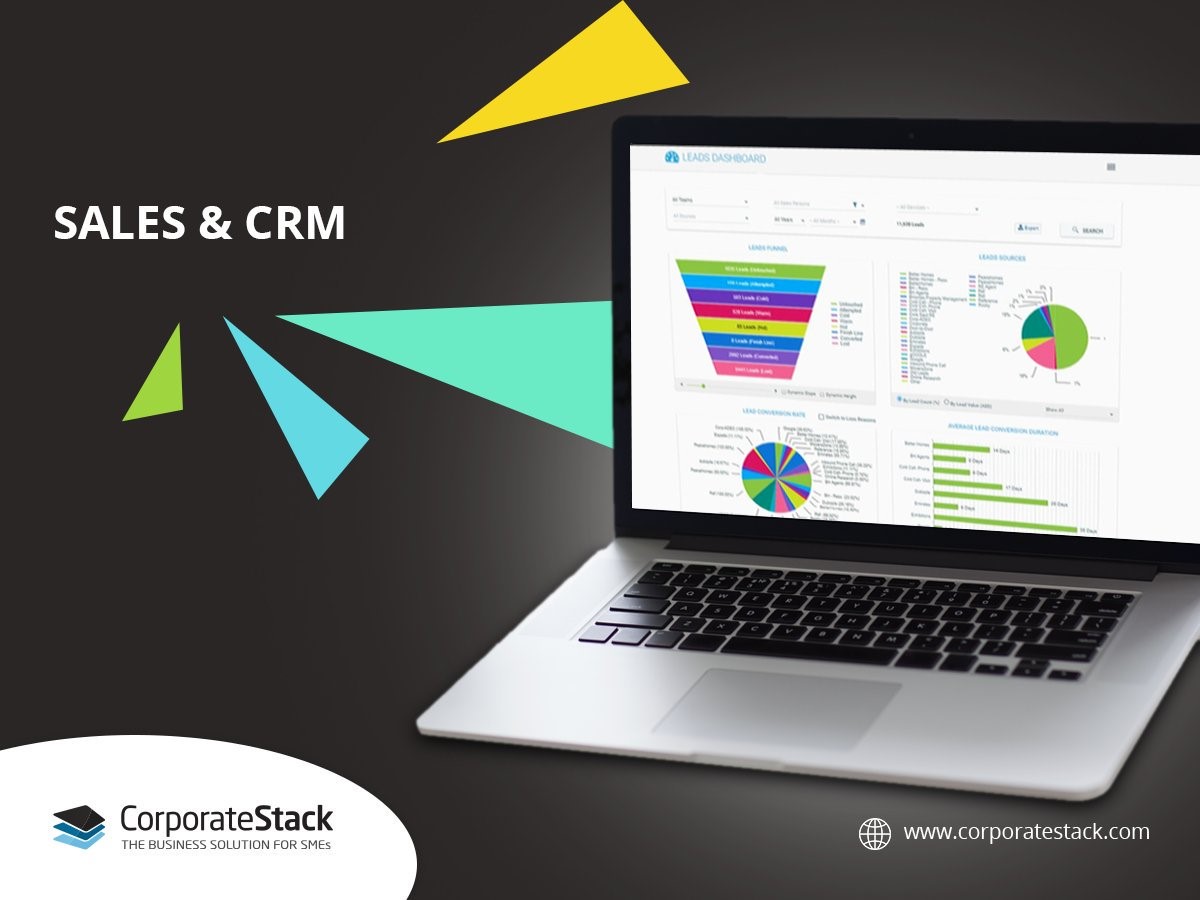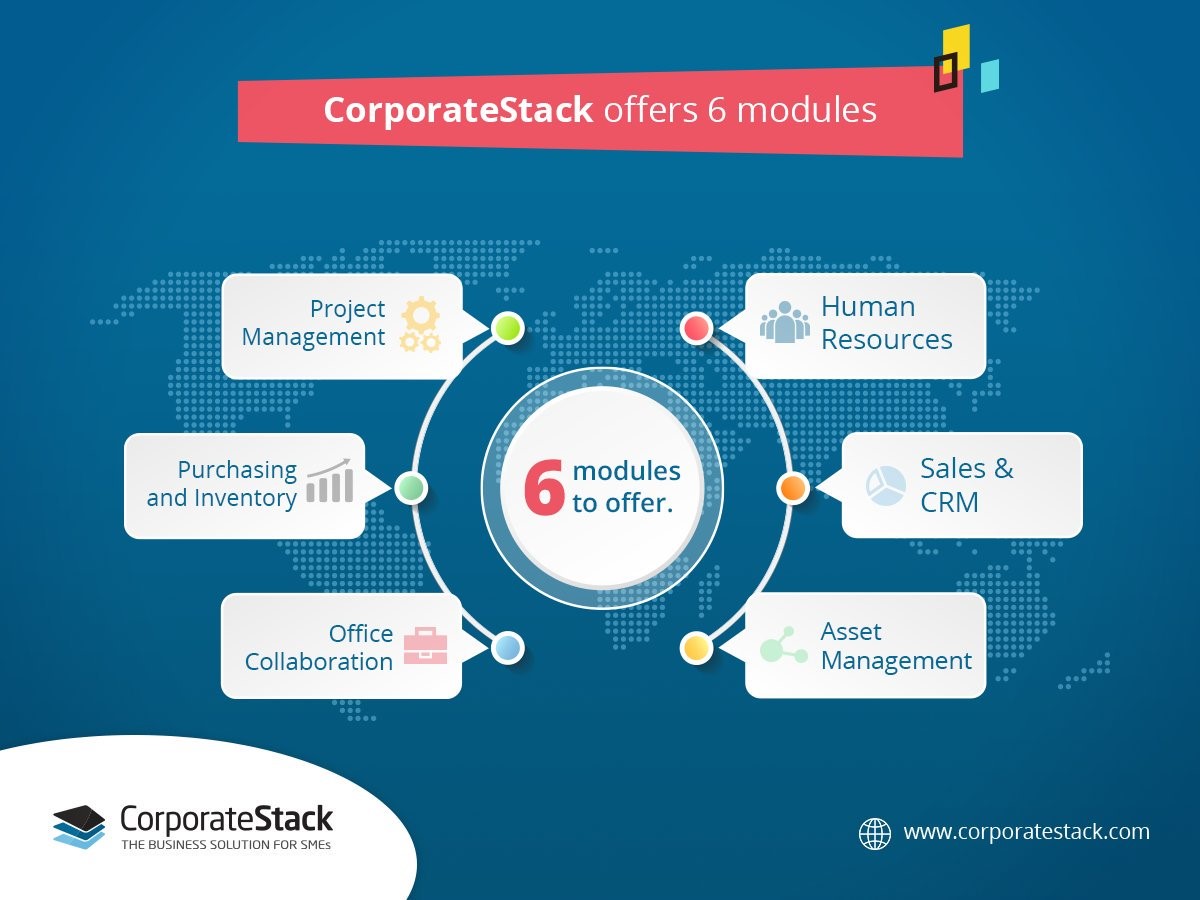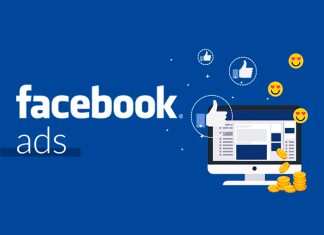 |
| CRM Software, What Does It Stand For And Why Should Your Business Care About It? |
This is one of the most important parts of CRM that you need
to know.
to know.
Why?
Because
Multiple research reports say that 30% – 60% CRM
implementation projects do not work or cannot work as expected.
implementation projects do not work or cannot work as expected.
And
There are 3 main reasons behind this failure:
1. Lack of Product Insight.
2. Undefined Goals.
3. Lack of User Adoption and Training.
And of course,
Lack of product insight means a lack of knowledge about
functions of CRM software.
functions of CRM software.
Table of Contents
What Is Customer Relationship
Management – CRM?
Customer Relationship Management (CRM) refers to the
principles, methods and guidelines that an organization follows when
interacting with its customers. The organization’s point of view, that full
relationship includes direct interactions with clients, such as service-related
processes and sales, and forecasts and analyzes of customer trends and
behaviors. Ultimately, CRM software serves to improve the client’s overall
experience.
principles, methods and guidelines that an organization follows when
interacting with its customers. The organization’s point of view, that full
relationship includes direct interactions with clients, such as service-related
processes and sales, and forecasts and analyzes of customer trends and
behaviors. Ultimately, CRM software serves to improve the client’s overall
experience.
 |
| What Is Customer Relationship Management – CRM? |
What Does CRM Stand For?
A CRM, with its name, is a system for managing relationships
with your customers.
with your customers.
For most companies, their most valuable and important assets
are their customers. In the past at many companies, the details about those
customers – who they are, how they dealt with your organization – have been
distributed in many different places. The brain of the CEO, the inbox of a
salesperson, the stack of invoices of the accountant.
are their customers. In the past at many companies, the details about those
customers – who they are, how they dealt with your organization – have been
distributed in many different places. The brain of the CEO, the inbox of a
salesperson, the stack of invoices of the accountant.
As a business grows, it quickly becomes necessary to have
one central place where all this information lives.
one central place where all this information lives.
Who Uses CRM?
The short answer is that any company that wants to maintain
a relationship with its customers can benefit from using a CRM system. To
become a bit more specific, there are two groups of companies that often
benefit the most:
a relationship with its customers can benefit from using a CRM system. To
become a bit more specific, there are two groups of companies that often
benefit the most:
B2B companies, which usually have to trace leads and
customers in long sales cycles and via upgrade paths (for example a software
company, a recruitment agency).
customers in long sales cycles and via upgrade paths (for example a software
company, a recruitment agency).
B2C companies that have made a purchase (for example a
jeweler, a landscape manager or a broker).
jeweler, a landscape manager or a broker).
That said, there are many companies that do not fit into the
above two profiles, but still see value in using a CRM system. Another way to
consider whether a CRM system can help your business is to think about the
challenges that CRM systems are trying to solve:
above two profiles, but still see value in using a CRM system. Another way to
consider whether a CRM system can help your business is to think about the
challenges that CRM systems are trying to solve:
Do you need a central list with information about your leads
and customers? Does this information live in different places?
and customers? Does this information live in different places?
Do your customers have regular contact with several people
in your team? How does everyone keep track of where the conversation with a
customer has gone?
in your team? How does everyone keep track of where the conversation with a
customer has gone?
Do you need a way to better understand the productivity of
your sales team? Does your sales team have a structured process that they
follow?
your sales team? Does your sales team have a structured process that they
follow?
If you have answered ‘yes’ to one or more of the above
questions, chances are that your company can benefit from a CRM system.
questions, chances are that your company can benefit from a CRM system.
Effective management of your customers is the way to go when
it comes to doing better than your competitors. Did you know that the use of
CRM tools by SMEs has increased by 73% in less than a year? This drastic change
only proves how competitive the market is and it’s time to step up your game
and invest in this magical tool that transforms all the companies that use it.
You notice improvements to your sales process almost immediately and you get a
clearer picture of how you are performing with the high visibility these tools
give you. Always use a powerful and reliable Sales CRM tool. Below are our top
choices:
it comes to doing better than your competitors. Did you know that the use of
CRM tools by SMEs has increased by 73% in less than a year? This drastic change
only proves how competitive the market is and it’s time to step up your game
and invest in this magical tool that transforms all the companies that use it.
You notice improvements to your sales process almost immediately and you get a
clearer picture of how you are performing with the high visibility these tools
give you. Always use a powerful and reliable Sales CRM tool. Below are our top
choices:
1. CorporateStack CRM.
2. Salesforce.
3. Bitrix24.
4. Zoho.
5. FreeAgent.














